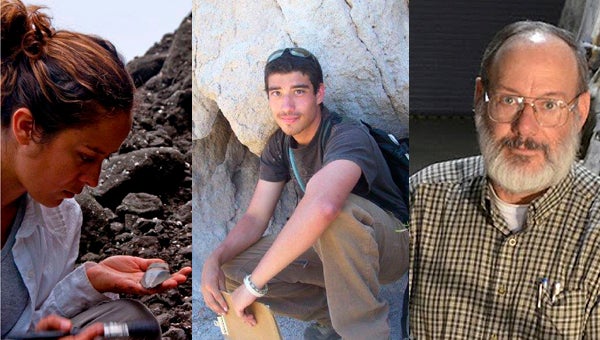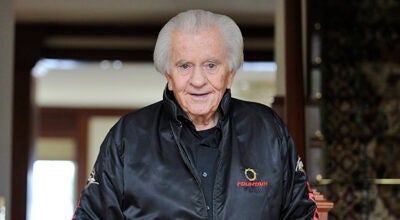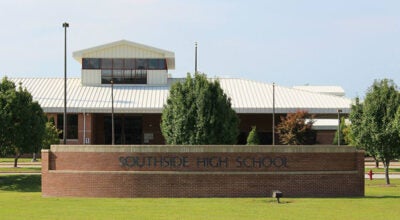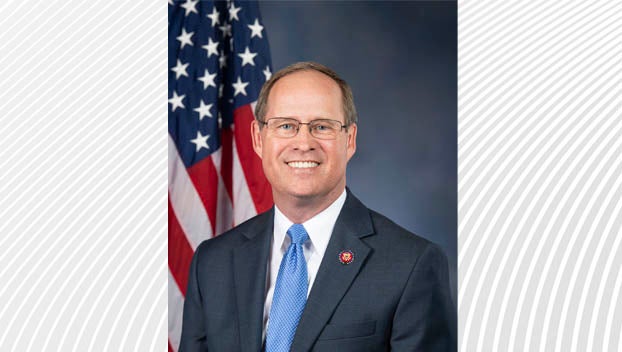Speakers tackle giant sharks, fossil beds
Published 8:13 am Saturday, May 23, 2015
AURORA — Fossils are a way of life for many — their study, the method by which the mysteries of the earth and the life it supports are deciphered.
Today, three paleontologists will share their work in a series of lectures at the Aurora Fossil Museum’s Learning Center as part of the three-day Aurora Fossil Festival. The speakers represent the scientific side of the festival, brought to the table by fossil museum director Cynthia Crane, in addition to the fun and games, commemoration and a Sunday church and gospel service provided by the Aurora Richland Chamber of Commerce.
“I work on expanding the museum’s presence and activities during the festival,” Crane said. “We’re trying to move it in a more scientific direction for the museum, just to bring that aspect of the museum, as well as all the other aspects.”
At 10 a.m., Catalina Pimiento, a biology graduate student at the University of Florida, will speak bout the Megalodon. While Pimiento initially started out studying the population and migratory patterns of whale sharks in the Caribbean region, she recently shifted focus to studying sharks in the Panama region with the Smithsonian Tropical Research Institute. The title of her presentation is “Megalodon: A Model to Understand Marine Apex Predators in Deep Time.”
At 12:15 p.m., Victor Perez, a first year PhD student specializing in Vertebrate Paleontology at the University of Florida, will talk about teeth — specifically, giant shark teeth — in his presentation, “Evolutionary Implications of Cusp Loss in the Megalodon Lineage.” Perez’s research focuses on the paleoecology and paleobiogeography of Cenozoic sharks in relation to the closing of the Panamanian Isthmus.
At 1:45 p.m., David Bohaska, who has a long relationship with Aurora, its fossils, museum and festival, will talk about fossil collecting along Maryland’s Calvert Cliffs, a region that bears striking similarities to the fossil-filled land surrounding Aurora. Bohaska is Collections Manager of Vertebrate Paleontology in the Department of Paleobiology at the Smithsonian Institution. Bohaska’s research focus is primarily on the ancient marine mammals of the mid-Atlantic coast of North America.
The Aurora Fossil Museum is located at 400 Main St., Aurora.
SIDEBAR:
Aurora Fossil Festival
Main Street, Aurora
Saturday
All Day Activities
Vendors, food, lawn mower pulls, classic cars cruise-in, fossil exhibits (community center), digging for fossils, rides, games, and fun and fellowship
8 a.m. Festival opens
8:30 a.m. 5K Run
10 a.m. Paleontology Lecture Series: Session 1
11 a.m. Parade on Main Street
12:15 p.m. Paleontology Lecture Series: Session 2
1:45 p.m. Paleontology Lecture Series: Session 3
3 p.m. Live Fossil Auction (Museum Learning Center) and Megalodon tooth drawing
7 p.m. to 11 p.m. Dance featuring the Mikele Buck Band
Sunday
10 a.m. to 1:30 p.m. Church service and gospel music






